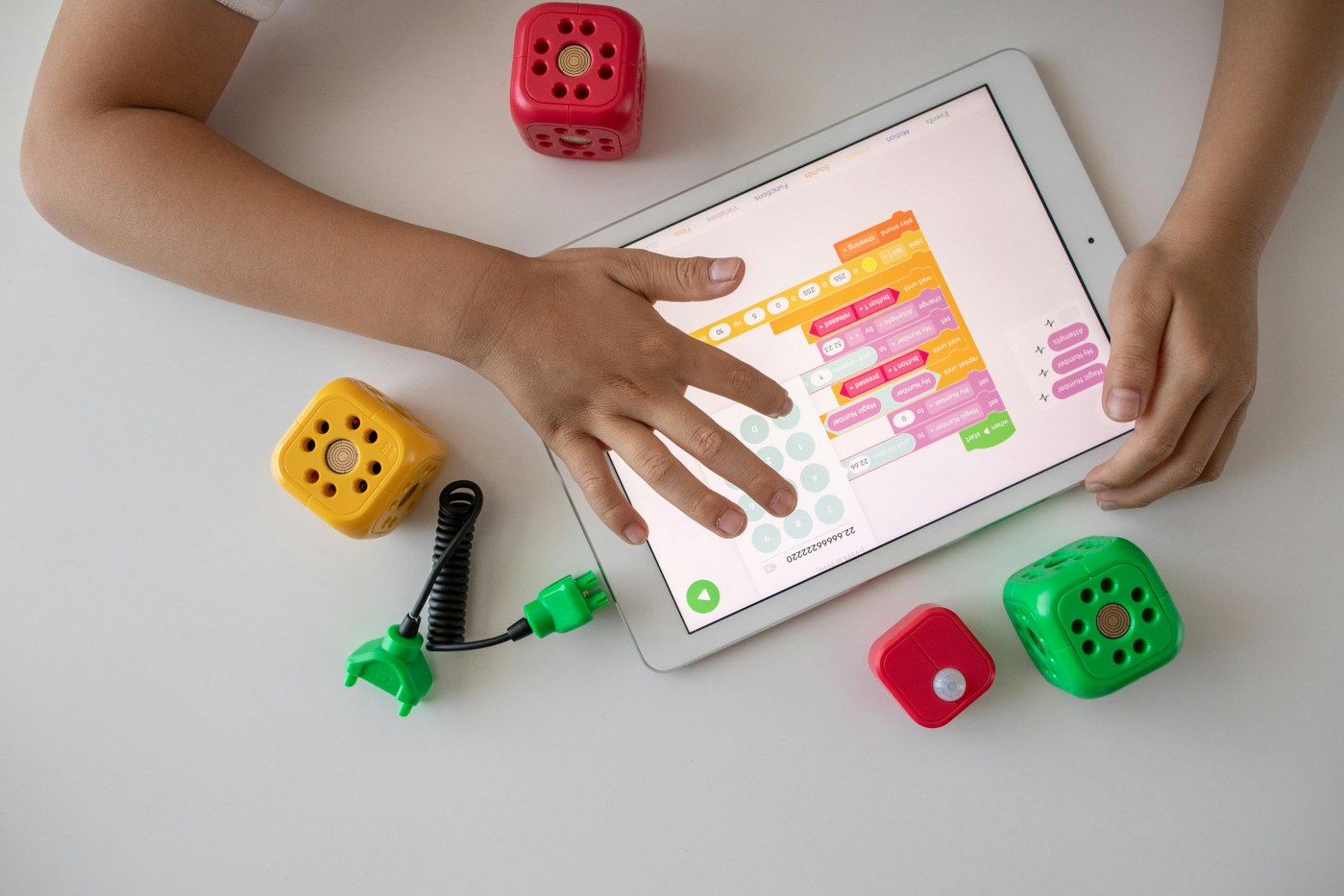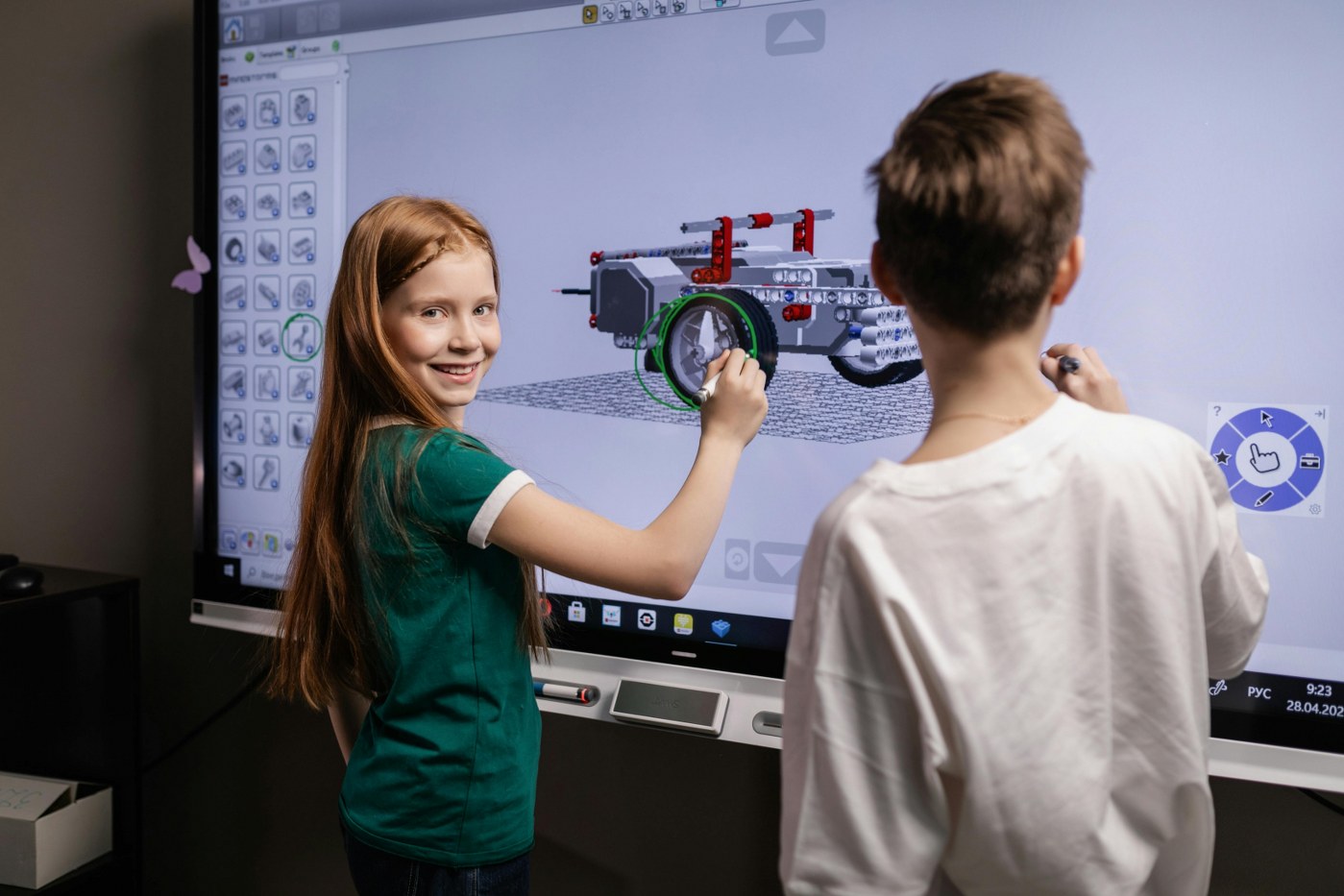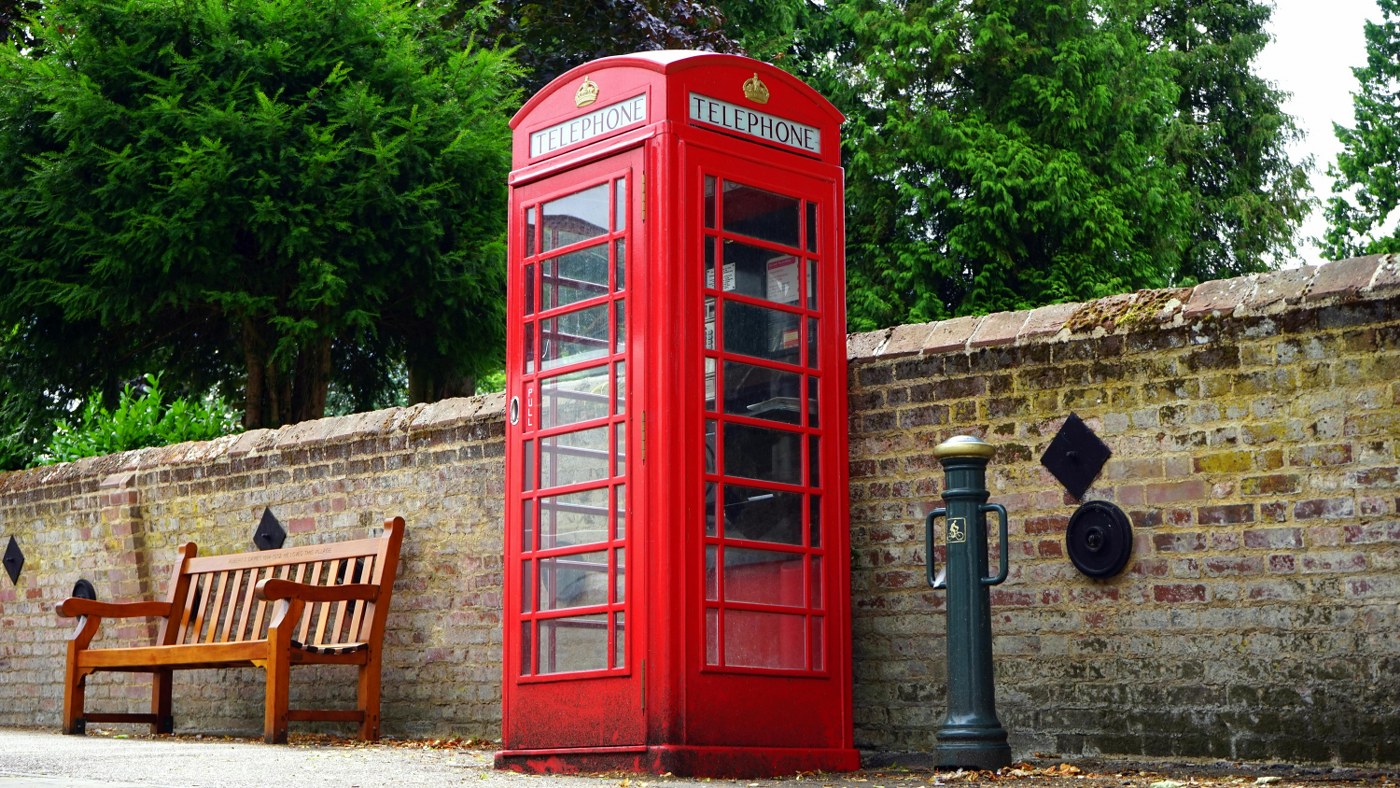Wondering how to keep the kids entertained during the summer holidays? If you haven’t booked your family holidays yet and have a video game-obsessed youngster, why not enrol them in a coding camp over the summer? These educational camps don’t just teach valuable coding skills, they let your kid get creative and explore a completely different side of gaming. Summer camps provide a fun, interactive environment for kids to develop their tech skills and gain experience in game development and programming while they are off school. This guide offers a sneak peek into what your kids will learn when you sign them up for a holiday camp.
Reasons to Book a Coding Camp for Kids
A coding camp for kids is more than just a passing thought to get through the summer break. It introduces kids to programming in a fun, engaging, and interactive way while developing valuable tech skills, problem solving skills, and their ability to work in a team. Here are some of the reasons you could consider booking your youngster into a summer coding camp:
1. Design & Coding Skills
One of the main goals of these camps is to develop coding skills that your children can use at school and work in the future. When camp ends, kids will be able to understand and apply programming concepts independently in real-world scenarios. They will learn the following:
- Programming languages: Kids will learn and use popular programming languages to create their codes, interactive stories, and video games at their own pace as they work online from the comfort of their home. Block-based coding programs, like Scratch, are also ideal for starting to learn programming.
- Computational thinking: Coding camps teach your kids to break down big problems and ideas into smaller tasks to solve each problem.
- Game development: Kids will understand the development process of creating games and will learn the science of automating tasks within their own game.
2. Problem Solving and Critical Thinking Skills
Two key aspects of coding are developing critical and problem-solving abilities. These soft skills are essential not just in programming but also in daily life. Here is what they might learn:
- Problem solving skills: Kids will learn to produce multiple solutions to a single problem. They’ll try to see if one solution works before moving on to the next until they get it right.
- Critical thinking: Children will decide how to structure their code, solve every challenge, and optimise their projects to the fullest.
- Programming robots: Some holiday camps offer robotics classes that teach kids to give instructions to machines and see how they respond in real time.

3. Project-Based Learning
An effective way to learn programming is by doing it. That’s why project-based learning is an important component of coding camps. Kids will have built their portfolio of completed projects at the end of the camp. These tech skills will then be applied to real-world scenarios and large-scale work in the future, giving your child enough confidence to solve every problem.
4. Socialising and Making New Friends
Holiday camps shouldn’t just be about learning – your kids should have fun and make friends during their time off school. Online camps are collaborative since kids work together, share ideas, and help one another through various challenges.
- Communication skills: Your kid learns to communicate with other kids when their team works on coding problems.
- Meeting new people: Children meet other kids online who have the same interests and passions as them.
- Fun and supportive environment: Camps give kids the opportunity to try new things without being shamed for making mistakes. They encourage children to experiment with their ideas and see which works best.
5. Competent Instructors
Good coding camps hire instructors with extensive backgrounds in coding and programming. These professionals can teach your kids everything they need to know about programming and coding. They can help your kids troubleshoot any coding problem and guide them through every lesson.
6. Flexible Schedules
Some holiday camps run at certain times of the day, Monday to Friday, whilst others require your child to be online for a few hours a day but not at set times. The upside of online coding camps for kids v. in-person classes is that it might suit busy families better as children can attend classes at their leisure without them impacting on their family’s schedule. If that is your preference, look for flexible online classes. Alternatively, you could also book your children into after-school classes if you are too busy travelling in the holidays.
 7. Having Fun
7. Having Fun
As they get older, finding new ideas for kids to learn through play gets harder, especially if they become tech whizzes and their skills surpass your own! You might also not be happy with the amount of time your youngsters spend gaming, so why not channel that interest and direct it towards projects that pique their interest, such as game development? This will make them realise that coding is a fantastic way to express creativity and improve their problem solving skills. And there is simply no better way to make coding enjoyable for children than to learn with other kids.
- Learning through games: Holiday camps typically teach coding through video games and game development. These hands on experiences are a great way to learn, especially for children who struggle to learn using books or listening to theory lessons at school.
- Motivation through results: As kids create their own games, they will see the results of their work paying off, keeping them motivated to see the project through to the end.
- Working with kids from different age groups: Coding camps can group children into pairs, trios, or even more to work on a project together. This boosts your child’s teamwork and social skills. It also means they can be confident sharing their ideas with other people.
Parting Words
Coding camps give kids a platform to hone their coding skills, help them channel their creativity, and increase their opportunities in the future. Whether they are programming robots or creating games, these camps teach them tech and life skills. They will learn transferable technical and soft skills that they can apply at school and later on in life and make new, possibly lifelong friends with the same interests in the process.
About the author:
Single Parents on Holiday offers family holidays for single parents and their children, including beach, activity, farm and ski holidays. If you don’t feel like travelling alone, join a fully organised group holiday and relax in the company of other single parent families.



